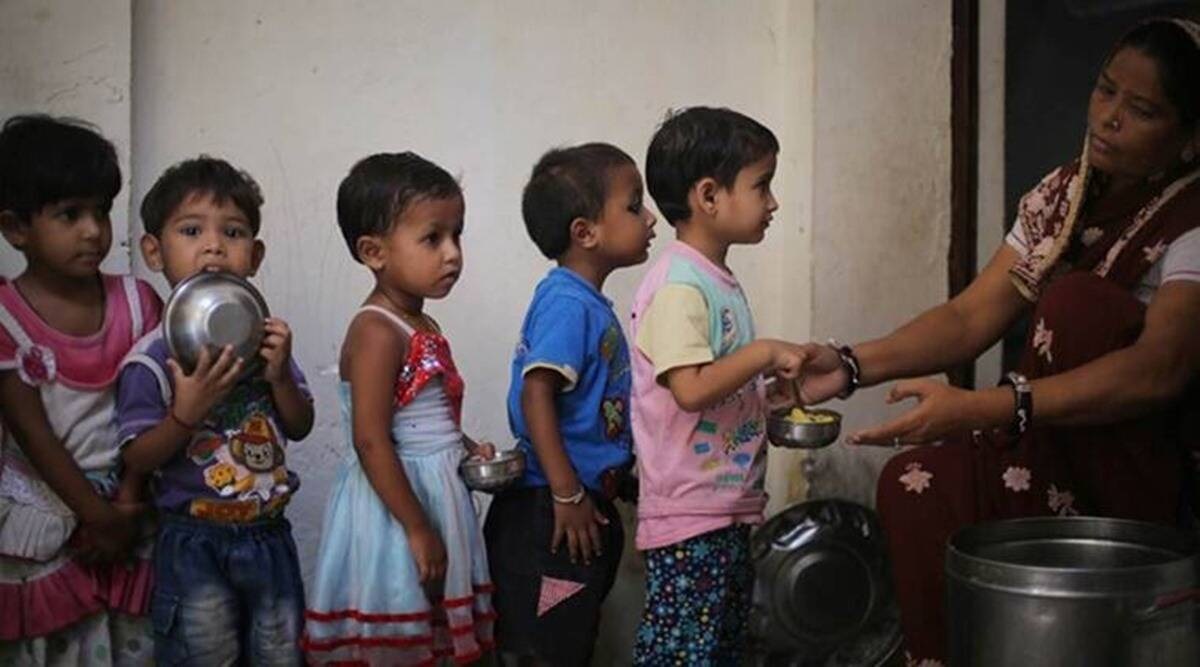In the absence of a place to stay or a support system, many orphan children end up making wrong choices, or are drawn into a path that leads to poverty and worse.
On May 28, the Supreme Court of India gave directions to the government about the protection of children orphaned in the second wave of the Covid-19 pandemic. “Days are passing by without children getting food… Hope you will understand the agony these children are undergoing… We do not know the age of these children starving on the streets or how many of them are there in such a large country.” The Covid-19 pandemic has indeed underlined the crisis, but the risk of children who have no parents falling through the cracks of society has always existed — and not given the attention it deserves. The pandemic has provided an opportunity to rethink and revisit this question.
Indian society is based on caste and family structures. In the case of orphaned children, difficult questions arise after the death of parents. The question of survival looms when relatives do not take any responsibility for the children. The journey of a child might start without a family, or in a family where there is no support. In these situations, there is no one to give directions and guidance. If a child enters an institute and finds a place in a hostel, beyond the immediate physical needs, she faces the absence of someone in whom she can confide her personal problems. Girls, especially, have few friends or guides to steer them through emotionally trying times.
A hostel is the first and last resort of survival for orphaned children, but several state governments do not allow a child to stay in a hostel beyond the age of 18. After they graduate from school or college, they have no home to return to. Many of them face problems with government documents, from Aadhaar to PAN cards, death certificates of parents, etc. In the absence of a place to stay or a support system, many orphan children end up making wrong choices, or are drawn into a path that leads to poverty and worse. Those who are lucky to get access to higher education also struggle continuously. This is why cases of orphaned children who go on to be successful in life are rare.

Some steps that the government can take in this regard are: A yearly survey of orphan children at district and block levels to be done immediately; registration of information about the child’s family and the property of the child; supply of government documents on time; provision of a healthy institutional environment to orphaned children based on the principles of freedom, equality, fraternity and social justice; priority in government schemes and programmes; coordination of women and child development department that is responsible for the welfare of children with other departments like finance, higher education help and skill development etc.; as a special case, separate representation of orphan children at district and state levels and; special care for girl children.
A permanent fund for orphan children on the lines of a CM welfare fund, and the establishment of an IAS-level administration set-up to cater to the issues of orphan children permanently is also urgent. These policy changes are not only necessary, but important if the state wishes to effectively implement programmes for children.
Our social structure is based on inequality and discrimination, and without collectively dealing with it, it is difficult to move towards change. Society generally ignores orphaned children and their problems. People are discriminatory towards them. Their socio-economic condition, added with multiple layers of oppression, puts them in a disadvantaged position where no one focuses on them or takes them seriously. Now is the time to seriously think about this question, while also pushing towards inclusive long-term planning. Tomorrow, the Covid pandemic may abate, but the questions and issues that Covid has left us with will stay in our society.
There is a grave need, now more than ever, to stand with orphaned children throughout their life. The support of the government is essential in their lives so that they can get rightful opportunities to lead a quality life and participate in society.
The writer is an MPhil scholar at TISS, Mumbai
Source: Read Full Article


